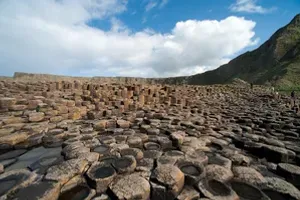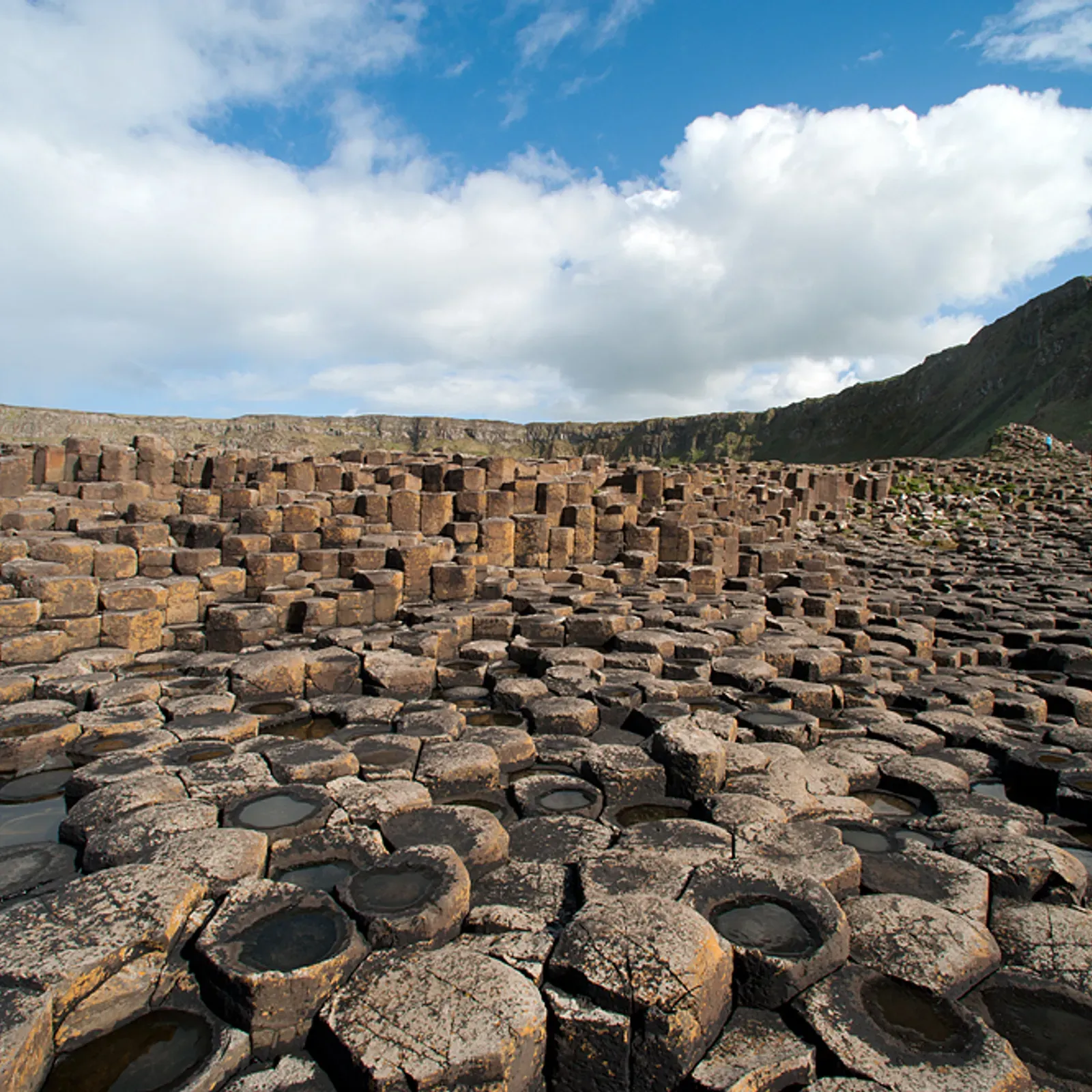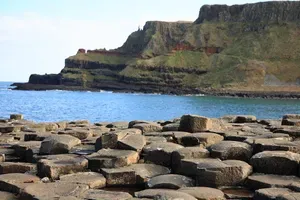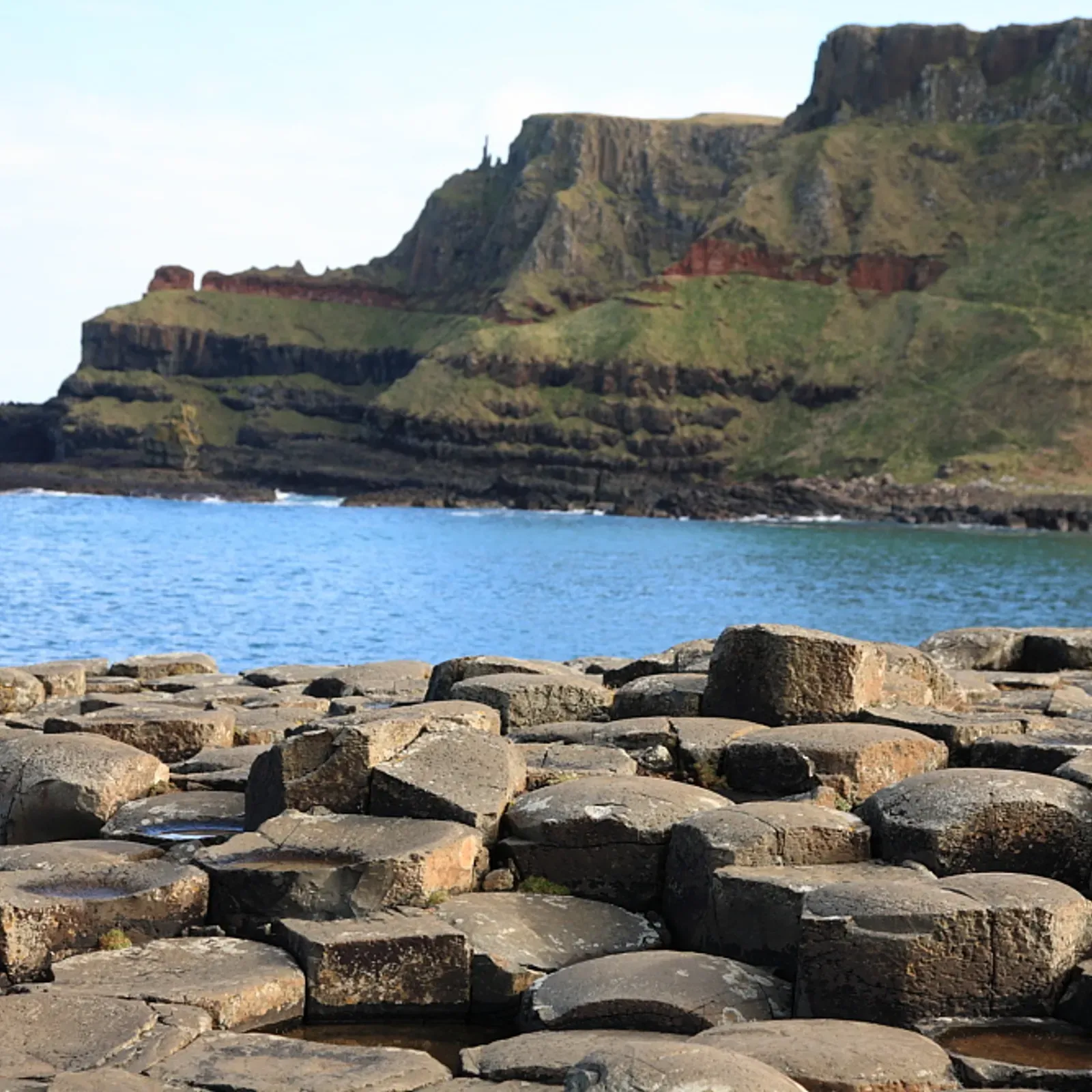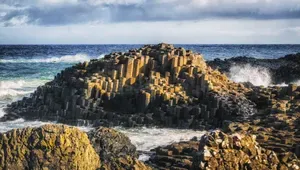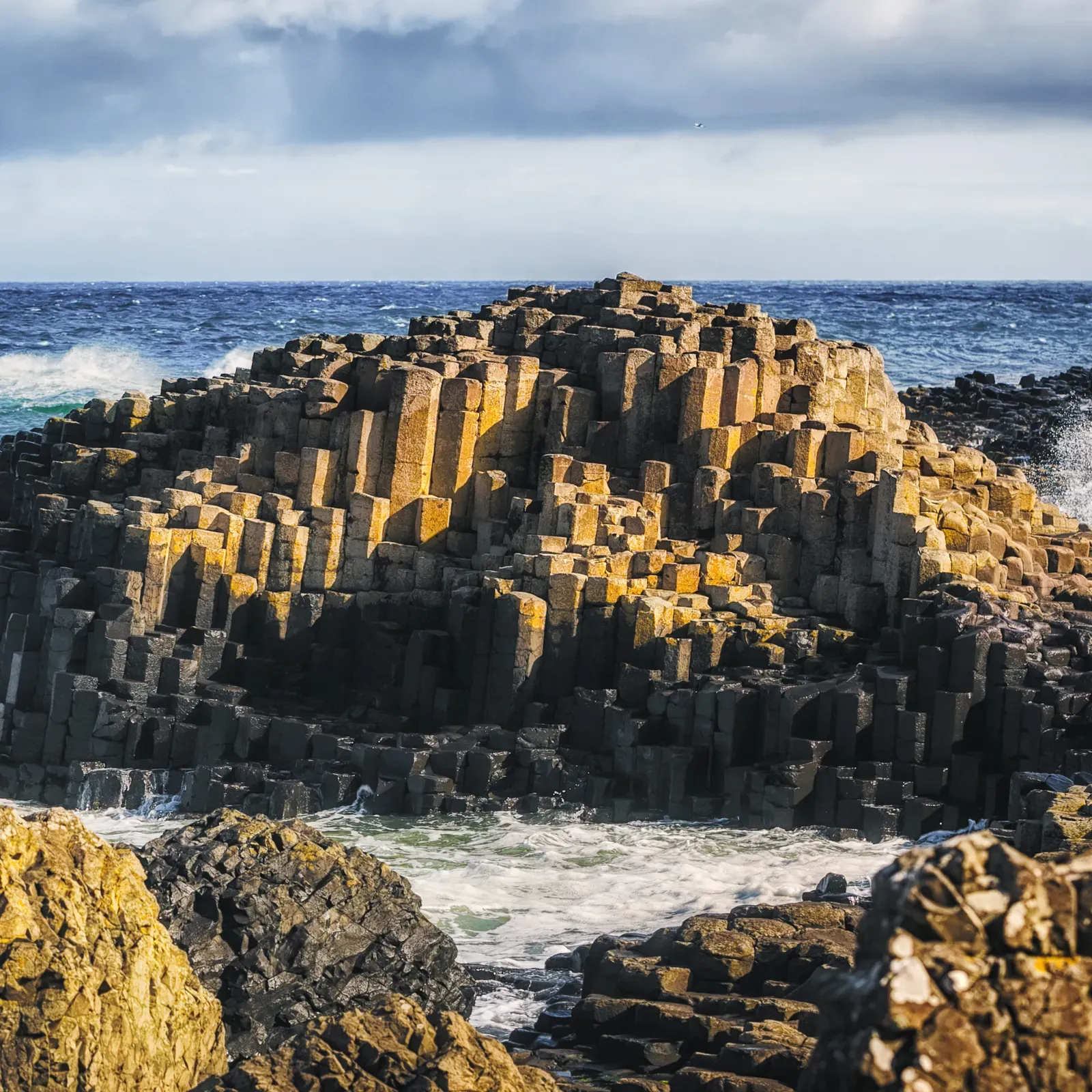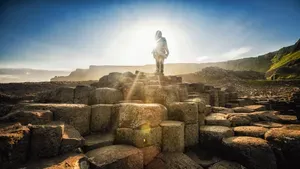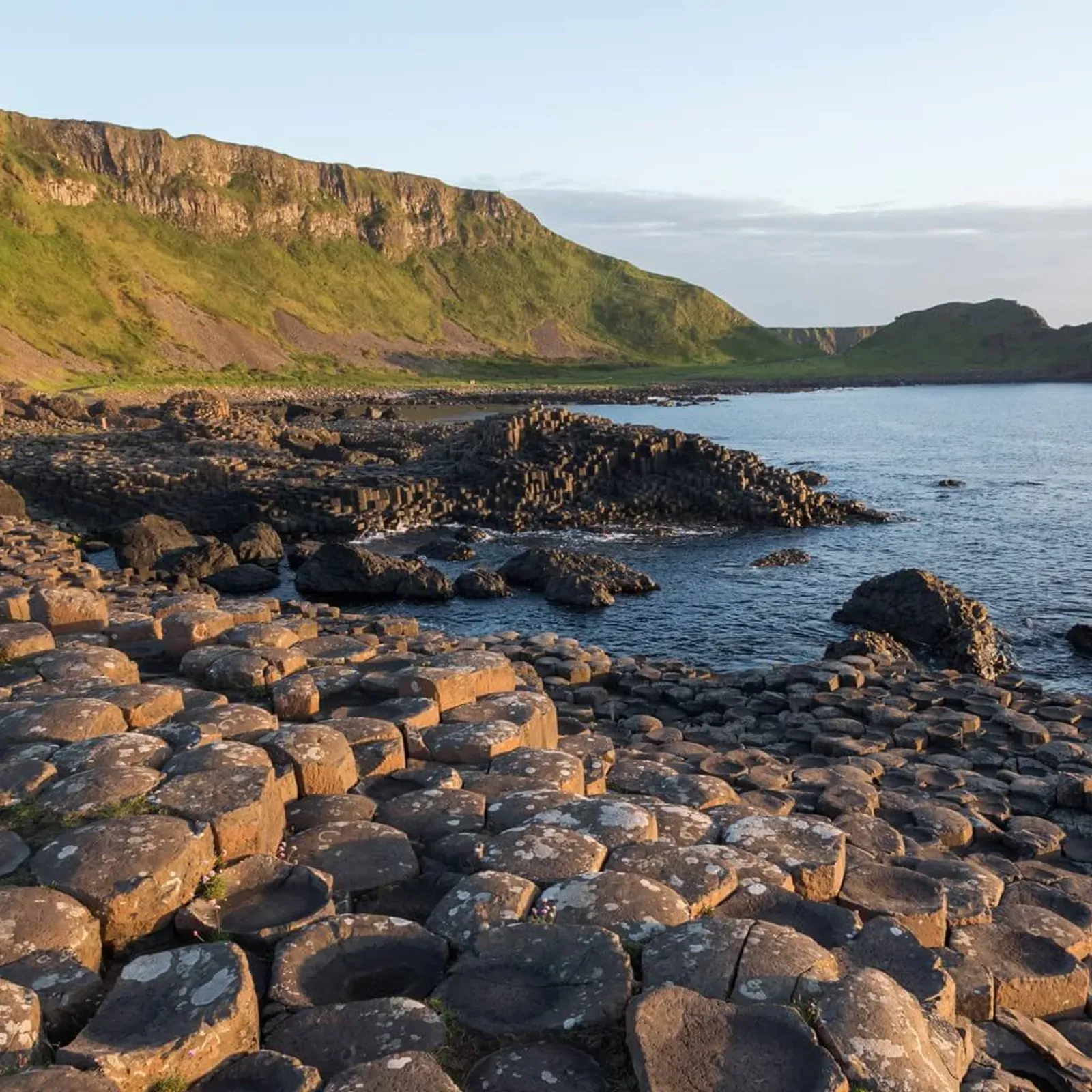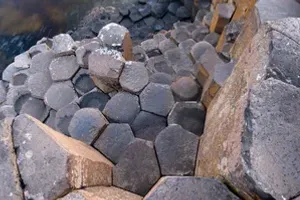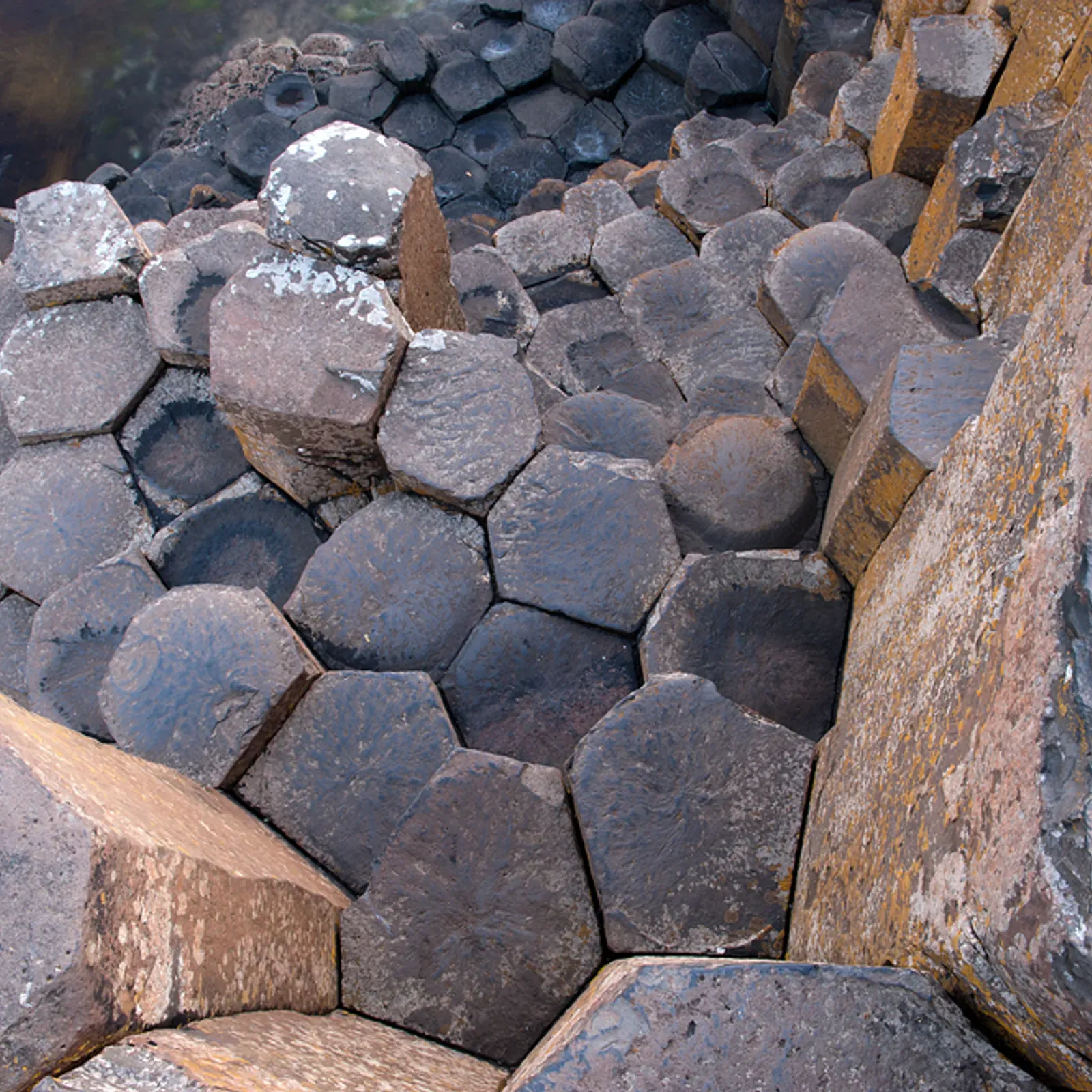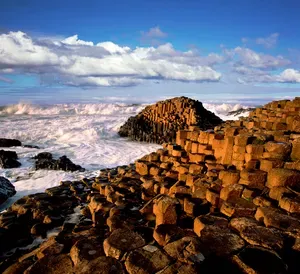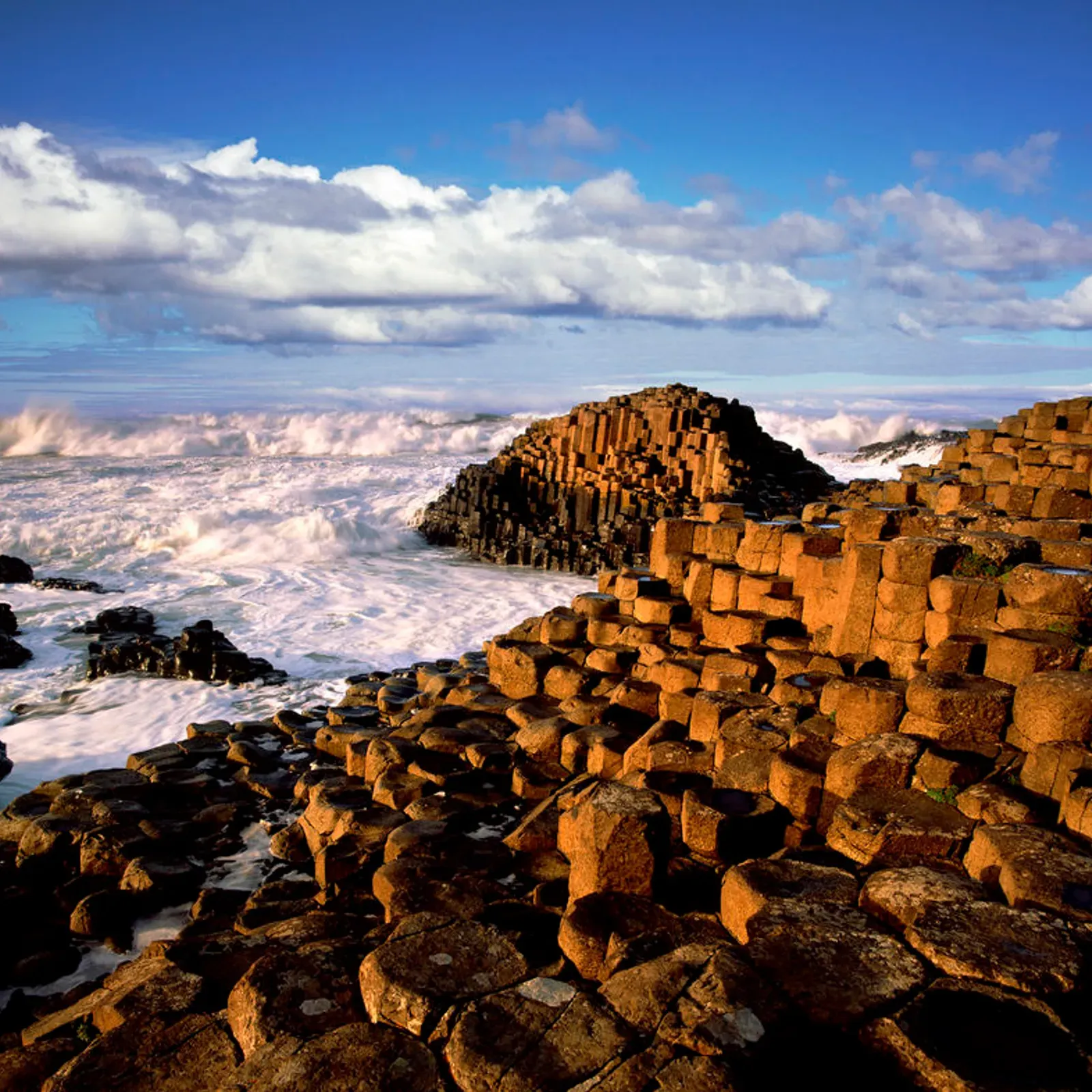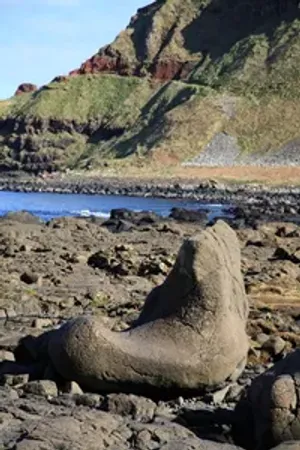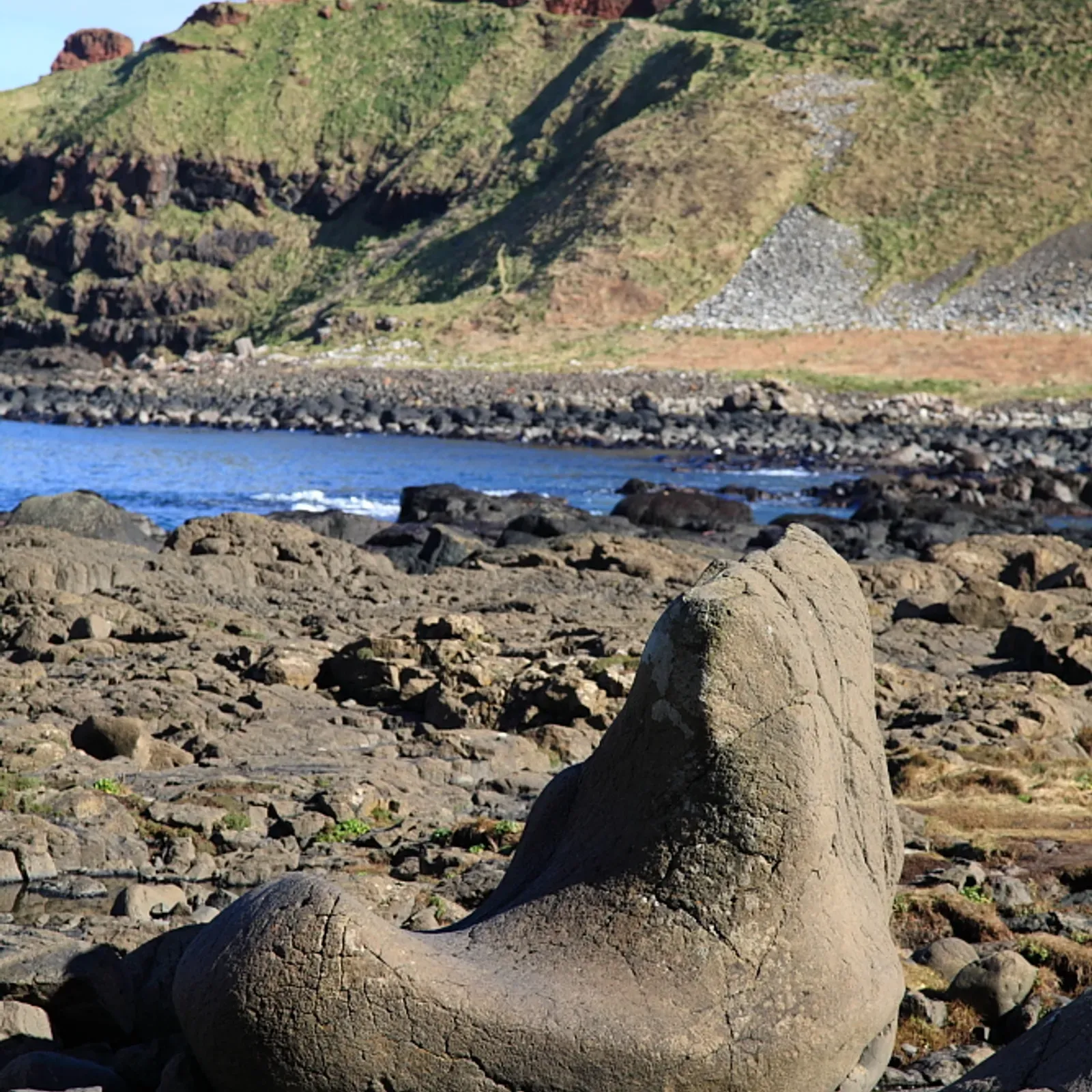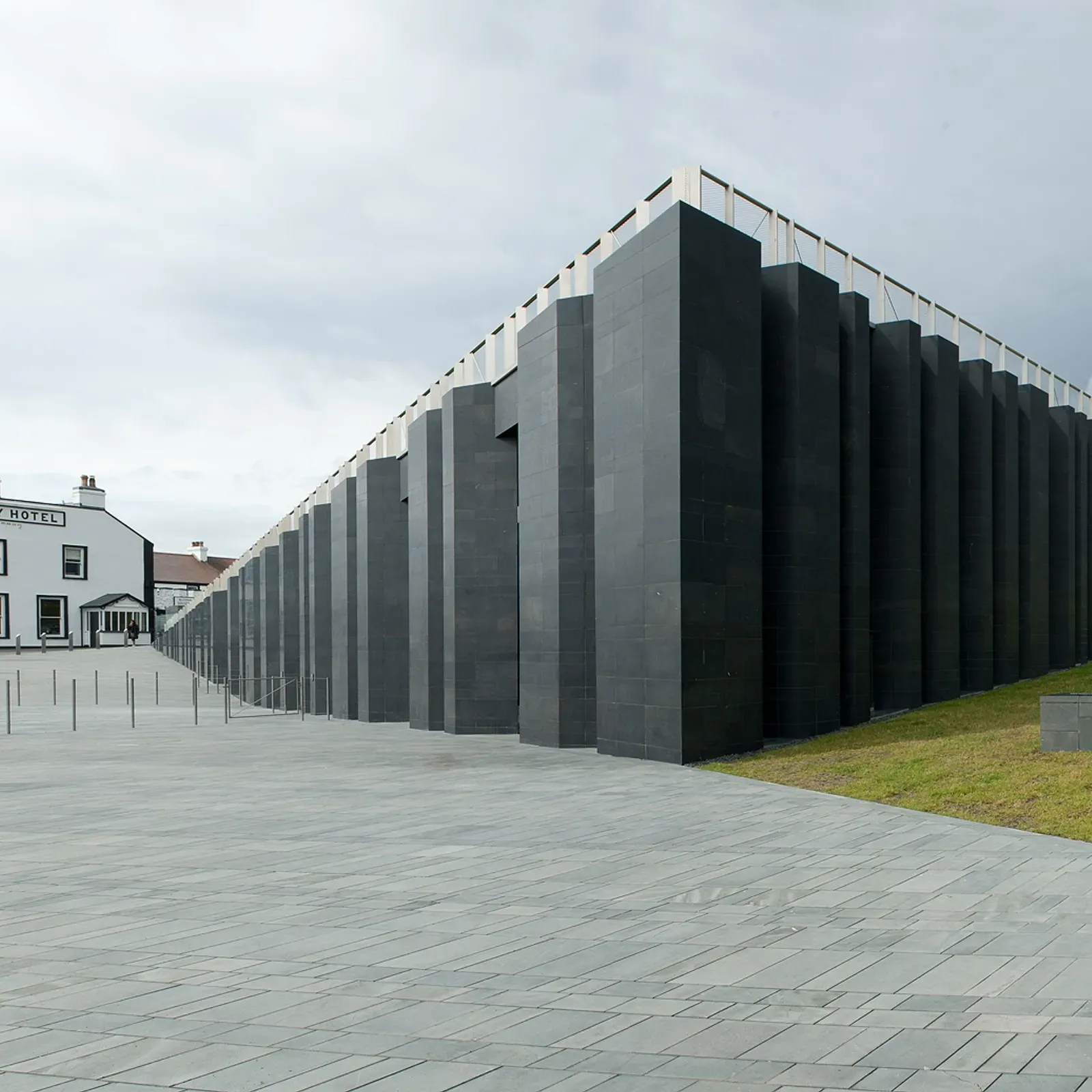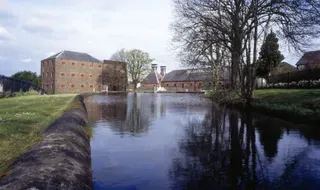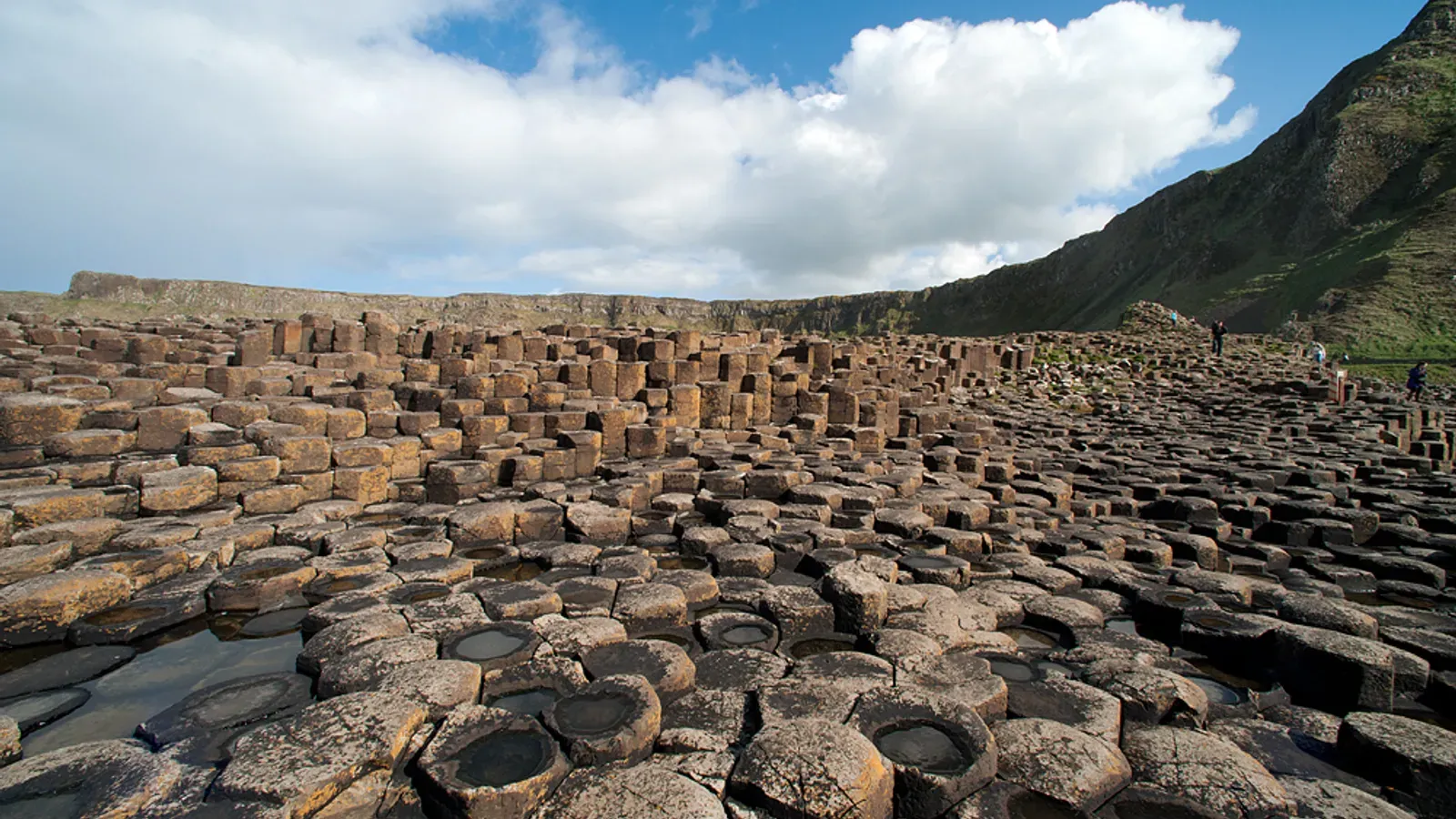
Giant's Causeway
The Giant’s Causeway
A World-Famous Natural Marvel
Formed around 60 million years ago by volcanic activity, the Giant’s Causeway is a surreal landscape of approximately 40,000 interlocking basalt columns. These hexagonal stones, some rising as tall as 12 metres, tumble into the sea like a pathway built for giants — and that's exactly where the legend begins.
According to Irish mythology, the causeway was created by the giant Fionn Mac Cumhaill (Finn McCool), who built the path to Scotland to confront his rival, Benandonner. When Benandonner turned out to be a fearsome sight, Fionn’s clever wife disguised him as a baby. The Scottish giant, assuming the baby’s father must be colossal, fled back home, destroying the causeway behind him. It's a tale that blends humour with heritage — and it’s still told today by local guides with a twinkle in their eye.
What to See and Do
The Visitor Centre offers a multimedia experience explaining both the science and the folklore of the Causeway. From there, follow one of several trails down to the stones themselves. Wear sturdy shoes — the rocks can be slippery, especially when wet.
Explore points of interest like the Wishing Chair, the Giant’s Boot, and the Chimney Stacks — all named for their curious shapes. The Red Trail offers sweeping clifftop views, while the Blue Trail brings you right to the water’s edge.
Fun Fact
Though similar formations can be found in places like Scotland and Iceland, the Giant’s Causeway is the only UNESCO World Heritage Site in Northern Ireland — and by far the most photogenic.
Local Insight
Skip the shuttle bus and take the cliff-top trail down on foot for the most breathtaking views. And if you're lucky enough to catch a sunset here, it's a moment you won’t forget.
Travel Tips
- Parking is free for National Trust members.
- To avoid crowds, arrive early morning or late afternoon.
- The site is open year-round, but weather can be unpredictable — bring layers and a rain jacket.
